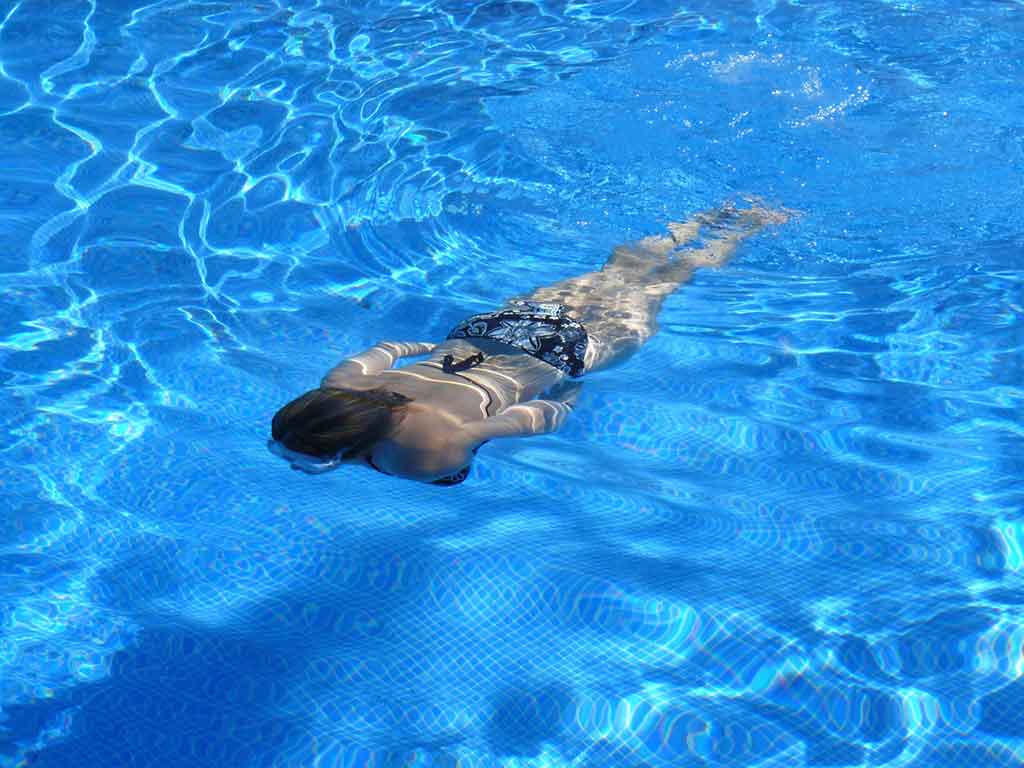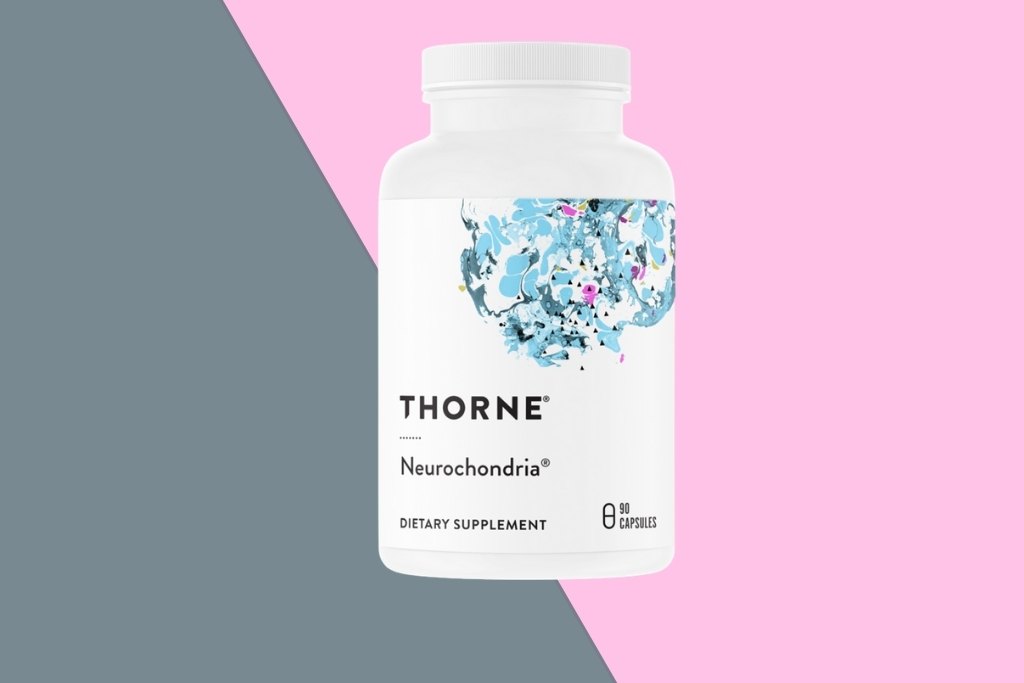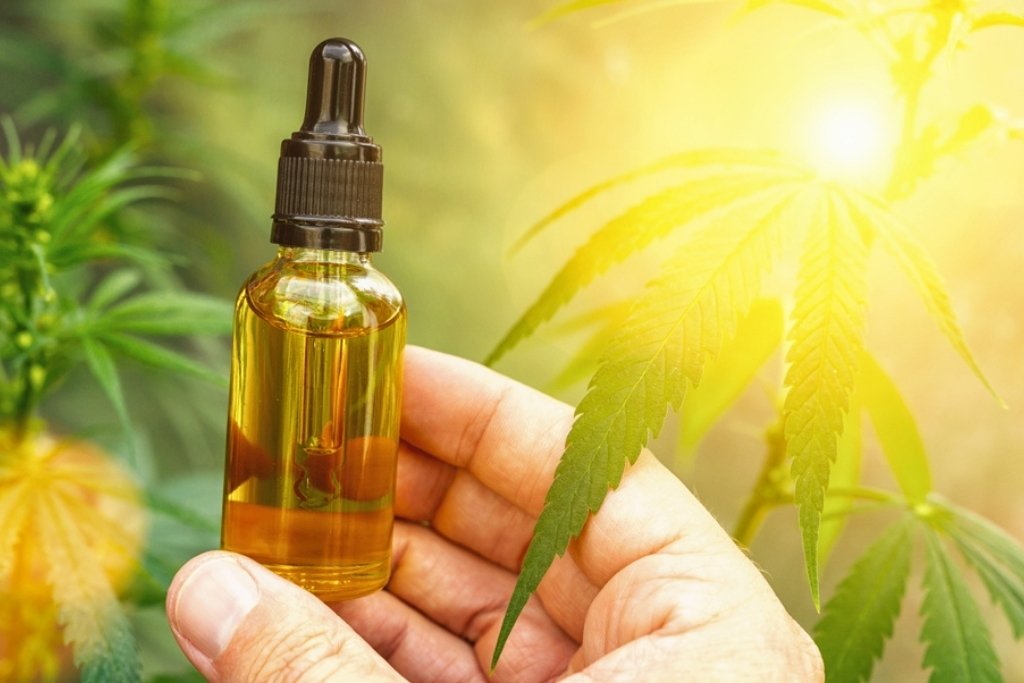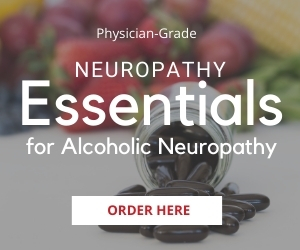Chronic alcohol consumption is a contributing factor in a high number of peripheral neuropathy cases.
The more we learn about our nervous system, the more we discover what keeps our nerves healthy and what our nerves cannot tolerate.
Alcohol has been found to cause nerve damage and is contributor to a surprisingly high number of instances of peripheral neuropathy, often referred to as alcoholic neuropathy. Meaning, a condition where nerves have been damaged from alcohol use.
In fact, one study published in January 2019 shows that up to 66% of individuals who chronically drink alcohol are also dealing with at least some degree of alcoholic peripheral neuropathy.
In other words, drinking too much alcohol leads to peripheral neuropathy more often than it doesn’t.
When it comes to alcoholic neuropathy, lifetime consumption is the big factor. For the most part, alcoholic neuropathy is caused by the repeated consumption of alcohol, over a long period of time.
Also worth noting is that while alcoholic neuropathy alone develops slowly over time with chronic alcohol consumption (1), when combined with other risk factors, such as diabetes, an unhealthy diet, and lack of exercise, the risk for developing nerve damage dramatically increases.
Symptoms of Alcoholic Neuropathy
Alcoholic neuropathy develops and gets worse slowly over time as alcohol over consumption continues.
Sensory symptoms are typically among the first indicators that nerve damage caused by alcohol has begun.
The thinner nerves in your hands and feet, due to their smaller size and relative lack protective myelin sheath, are among the first to begin a gradual degeneration process known as “dying back.” As sensory nerves progressively get worse and nerve endings die off, symptoms may travel just as damage travels up the length of the nerve.
The early symptoms of alcoholic neuropathy often include some of these sensory symptoms in legs and feet or arms and hands:
- burning
- pain
- numbness
- pinpricks
- vibrations
- tingling
With time and continued alcohol use, motor nerves may become damaged as well. Symptoms of motor nerve damage may include:
- loss of balance
- loss of coordination
- muscle cramping and spasms
- muscle twitching
- swelling in feet and lower legs
- muscle weakness and atrophy
- problems with bowels and urinary issues
- difficulty swallowing
- sexual dysfunction
How Does Alcohol Cause Nerve Damage?

Toxicity
Your body has a natural filtration system (particularly your liver and kidneys) that works to maintain the proper chemical makeup of your body.
Think of it, in a way, as being similar to how you must keep the water in a fish tank filtered and clean. If you don’t, the water becomes toxic to the fish, and the fish dies.
In this scenario, your nerves are the fish. If your body becomes toxic to your nerves, they become damaged and eventually die off. Over time, chronic consumption of alcohol eventually turns your body toxic as your filtration organs are unable to keep up with demand, poisoning the nerves.
Neurotoxicity
Ethanol is the main active component in alcoholic beverages. It is the part of the drink that allows you to feel intoxicated. It is also the component of alcohol that is toxic and directly causes nerve damage (2).
Ethanol is a neurotoxin. “Neuro” meaning nerves and “toxin” meaning toxic. Though it doesn’t stop there. Ethanol is also damaging to your liver, bones, muscles and cardiac system (3).
When your body processes ethanol, the byproduct is a very highly-reactive metabolite known as acetaldehyde, which is damaging to tissues it comes in contact with (4).
The way acetaldehyde is harmful to your liver and other organs is the same way it is harmful to peripheral nerves as well (5).
Metabolic Toxicity
Another way alcohol damages nerves is through indirect toxicity by impacting neuronal metabolism (6). Meaning, it contributes to neuron changes that impact the life of nerve cells.
Vitamin and Mineral Deficiencies
Chronic alcohol use frequently causes deficiencies in one or more vitamins or minerals. Ethanol in alcohol can affect the absorption, storage, and use of specific nutrients. Of the nutrients essential for nerve health, the most common deficiencies caused by alcohol use include (7, 8, 9, 10, 11, 12, 13):
- folate
- thiamine
- vitamin B6
- vitamin B12
- magnesium
- zinc
Oxidative Stress
Another impact that alcohol over consumption can have on nerves is a chronic increase in oxidative stress (14). This is a term that describes the body’s inability to regulate free radicals.
These unstable molecules are highly reactive and damage nearby tissues. Our bodies, then, rely on antioxidants to control oxidative stress and prevent tissue damage.
Ethanol in alcohol and the acetaldehyde it converts to in the body are both highly reactive and unstable, meaning they essentially bounce from cell to cell, causing oxidative stress. Since they travel in the blood, they can damage anywhere blood travels to. And that includes nerves.
To compound the problem, alcohol use depletes your most powerfully protective antioxidant, glutathione (15).
Chronic Inflammation
The common factor to nearly all cases of nerve damage is chronic inflammation. The damaging systemic type resulting from an over activated immune system.
Not only is nerve damage caused by chronic inflammation, but it can be blamed for the pain it causes as well (16).
The chronic use of alcohol leads to persistent systemic inflammation, and ultimately to tissue damage (17).
Can Alcoholic Neuropathy Be Reversed
Just like most tissues of the body, nerve tissue can regenerate. As long as enough healthy tissue remains, moderate to full recovery is possible.
Severity of damage, therefore, plays an important part in recovery. A mild to moderate case of neuropathy has a better prognosis than severe nerve damage. It is always best to not delay starting treatment for neuropathy.
Treatment for Alcoholic Neuropathy

General guidelines for the treatment for alcoholic neuropathy include:
Eliminate Alcohol
Avoiding alcohol is essential for reversing the damage caused by alcohol use. If needed, find for a recovery problem or social support to help you through the difficult stages.
Depending on the level of alcohol use, detoxification may require help from your doctor or a treatment center. Sometimes medications are used to avoid severe withdrawal symptoms.
Resolve Vitamin Deficiencies
While a healthy anti-inflammatory diet in important for nerve damage recovery, supplementation for nutritional deficiencies is usually necessary as well. Needs are different for everyone, but a typical supplement protocol for alcohol neuropathy will include:
- thiamine (B1)
- B12
- folate
- acetyl-L-carnitine
- alpha-lipoic acid
- curcumin
- coenzyme Q10
- zinc
- omega 3 fatty acids
- magnesium
- N-acetyl-cysteine
- glutathione
Eliminate Chronic Inflammation
The most important change that must be made for all cases of neuropathy is the reduction of chronic inflammation. When your immune system is in persistent systemic inflammation, it cannot adequately heal your body. Reducing chronic inflammation requires adopting a lifestyle that include:
- anti-inflammatory diet
- regular exercise
- reducing environmental toxins
- managing your body’s response to stress
Exercise
Exercise goes a long way towards maintaining healthy nerves, as well. It helps your body to better flush out toxins left over from alcohol consumption through urine and sweat, and it also increases blood flow to provide essential oxygen and nutrient to nerves.
Next Steps
Without eliminating alcohol until nerves heal, nerve damage is nearly certain to get worse. This could lead to severe chronic pain and disability. With these strategies, you can begin to reverse the damage caused by alcoholic neuropathy.
Can Exercise Reverse Neuropathy?

While painful symptoms of peripheral neuropathy might make it seem like exercise is not a…
Neurochondria by Thorne: A Supplement for Nerve Pain Review

It’s pretty safe to say that the symptoms of neuropathy and nerve pain may very…
Complete Guide to CBD for Neuropathy

CBD seems to be in everything these days — oils, lotions, drinks, gummies, sprays, supplements,…
4 Clean CBD Brands You Can Trust

CBD has grown in popularity over recent years, especially for anxiety, pain, and sleep disorders.…
8 Best Supplements for Neuropathy

We know that nutritional supplements -- in addition to a healthy diet -- can help…
What is Peripheral Neuropathy?

If you already have it, you basically know what peripheral neuropathy is. It just refers…












